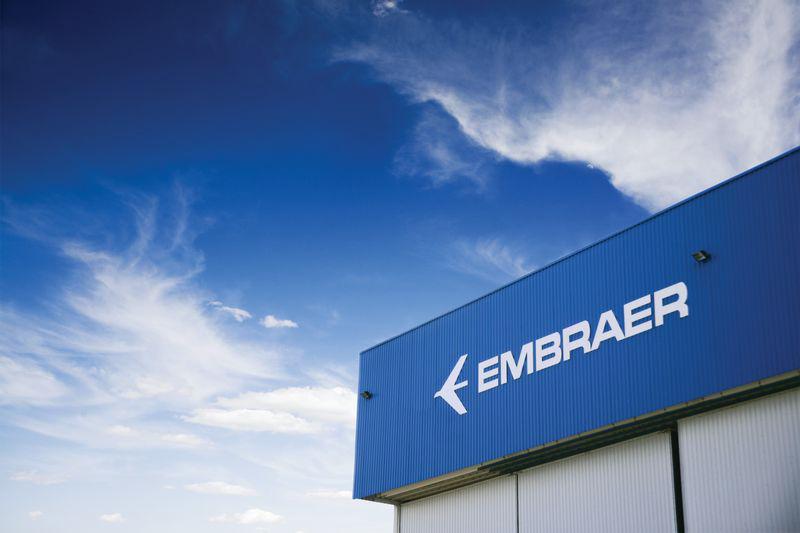Together, the partnership between the companies will generate a considerable reduction in carbon dioxide emissions into the environment through the use of sustainable aviation fuel -SAF- for Lenovo’s cargo operations between Shanghai and Frankfurt.
Germany’s DB Schenker and Lufthansa Cargo inaugurated the first air cargo route to be operated 100 percent on sustainable aviation fuel in 2021, connecting the Chinese city of Shanghai with Frankfurt. From now on, global technology provider Lenovo will transport part of its cargo using this service, as an initiative to reduce the environmental impact of its business.
Sustainability is central to our business and our mission to deliver smarter technology for all,» said Gareth Davies, Director of Global Logistics at Lenovo. We are proud to further enhance our solutions through this collaboration with DB Schenker and Lufthansa Cargo. For all companies and individuals, adopting programs that improve sustainability is extremely important, and we are delighted with this new partnership.
From this partnership, Lenovo Cargo will emit an estimated 68 fewer tons of greenhouse gases per week. Also, for each operation, about 16 tons of emissions resulting from the production and transportation of PBS will be offset.
Ashwin Bhat, Chief Commercial Officer of Lufthansa Cargo, said, «The joint effort with DB Schenker to avoid CO2 emissions is growing. An increasing number of customers realize that we have to work together in every sector to achieve our common goal. Only together can we make a real difference. With our SAF-covered flights, we are doing pioneering work.»
Thorsten Meincke, member of DB Schenker’s Global Management Board for Air and Ocean Freight, said, «Our unique SAF charter flights help companies to streamline their shipments. Lenovo is a major customer of this game-changing initiative and an example of how shippers are interested in a real shift towards greener transportation. We hope other companies that want to prioritize decarbonizing their supply chains will join us.»
SAF is one of the main strategies for reducing the environmental impact of air operations in the short term. It can be produced from sustainable raw materials and its chemistry is very similar to the fossil fuel currently used in most flights. Some of the materials used for its manufacture are: cooking oil and waste oils from animals or plants, solid waste from homes and businesses (such as wrapping, paper, and textiles). Another potential sources are forestry waste. A very important issue is that, in addition, its implementation does not require modifications to aircraft, fuel distribution systems, and airport infrastructure.







